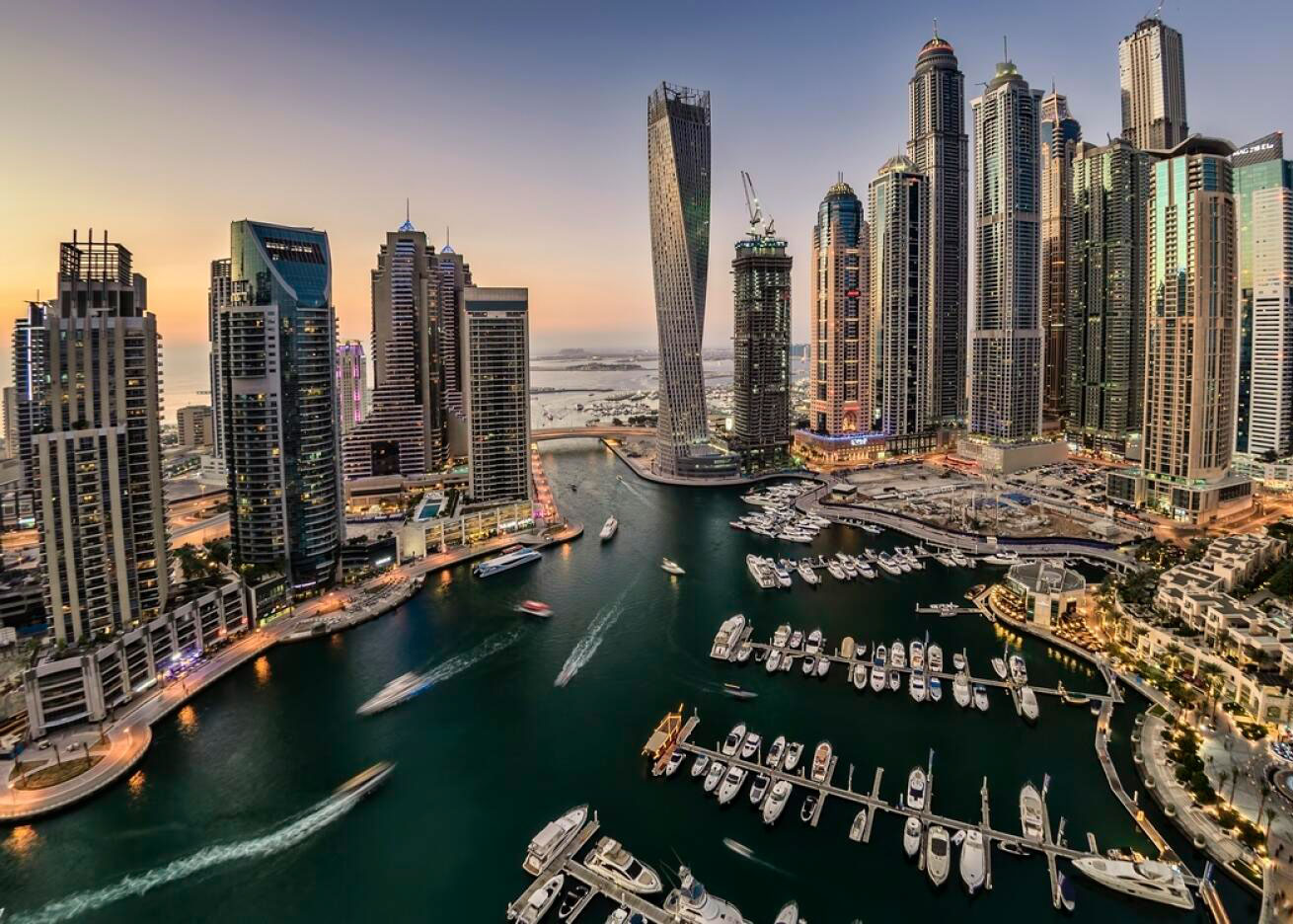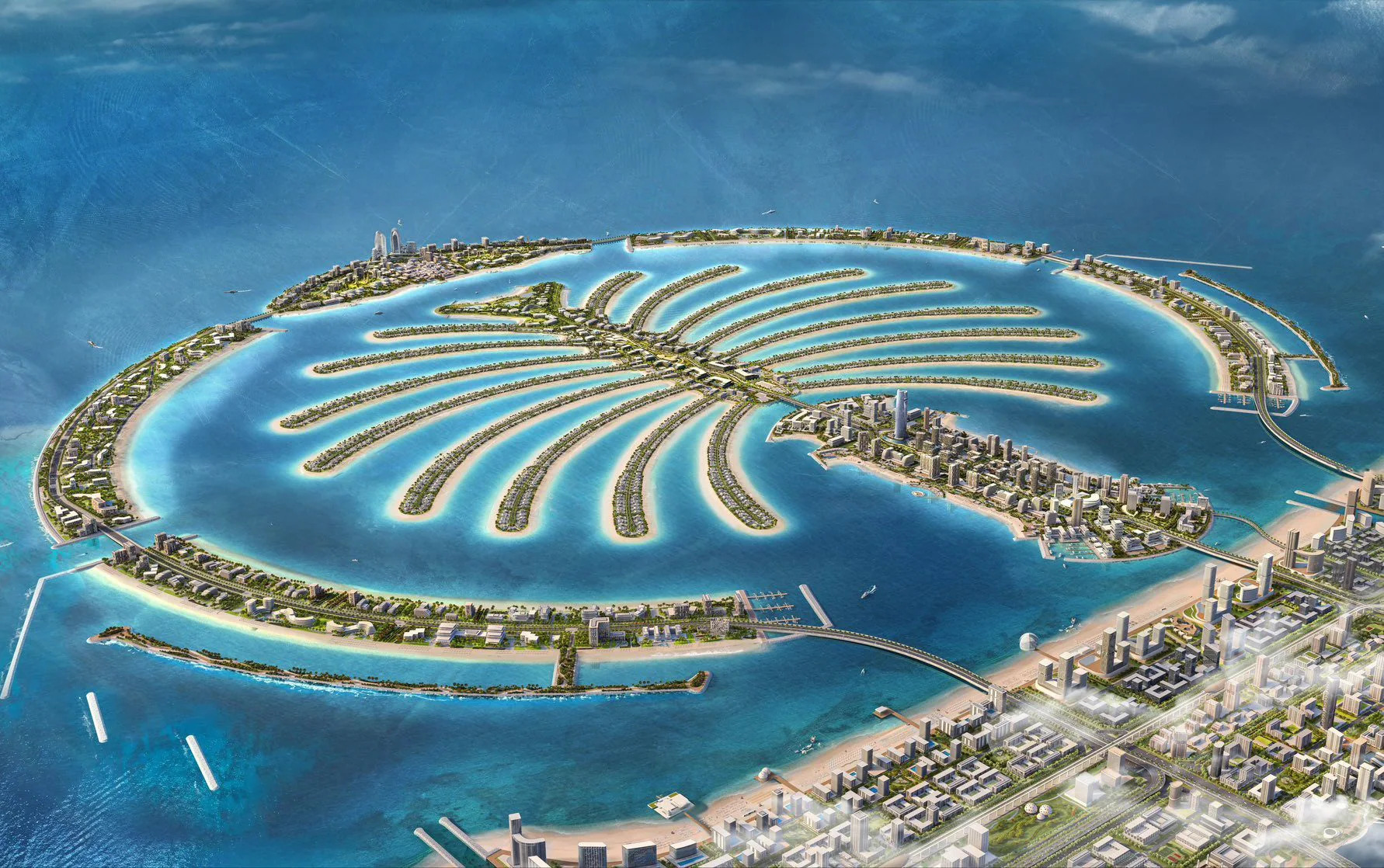
Property prices increased by 4.8% from 2023’s first quarter to the second quarter in Dubai.
International and domestic purchasers are driving the growth of luxury second homes in the area.
The real estate sector contributed 7.4% to the economy in the first quarter.
Residential real estate prices in Dubai increased 17% yearly, signifying 10 straight quarters of growth due to international demand and strategic economic growth.
Knight Frank’s Market Report this week reported that property prices in Dubai, particularly in The Palm Jumeirah area, increased by 4.8% from the first quarter of the year to the second quarter of the year.
According to the report, apartment prices in the emirate have risen 21% to an average of AED 1,290 per foot since January 2020, while villa prices have grown 51% to about AED 1,520 per square foot.
Faisal Durrani, Partner and Head of Research for Middle East and Africa at Knight Frank, commented that despite the extended price rise, there are no indications of a slowdown.
Durrani maintained that current market conditions suggest further increases, especially regarding villas, since the international demand greatly exceeds the available supply.
According to Knight Frank, the growth of luxury second homes is driven by robust and sustained demand from international high net-worth individuals (HNWIs) looking for luxury domestic properties.
HNWIs wishing to invest in real estate in Dubai’s affluent areas should use a safe money transfer method when buying property.
Real estate experts predict that Dubai’s property market will continue to grow throughout H2 of 2023 due to the city’s increasing millionaire population, low taxes and the stability of the UAE’s global economy.
In Q1 of the year, Dubai’s economy experienced an annual growth rate of 2.8%, increasing to AED 111.3bn, continuing the a rising trajectory seen in 2022, when the emirate rose by 4.4%.
The government found that the real estate sector contributed 7.4% to the economy in Q1 of the year due to increased property sales which rose by 2.4%.
Shehzad Jamal, Partner and Head of Strategy and Consultancy in the Middle East & Africa at Knight Frank also noted the stable demand for luxury real estate, and suggested that international HNWIs are desiring a second residence and access to Dubai’s luxury lifestyle.
Jamal observed that ultra-high net-worth individuals (those with a net-worth of over $10m) and HNWIs from East Asia and Europe have created much of the demand for off-plan luxury properties. However, Jamal suggested that the global demand for off-plan assets among HNWIs is only 10%.
International HNWIs considering moving to Dubai will need a secure way to make international payments between countries.
HNWIs searching for luxury homes overseas can use our money transfer comparison tool to find the best available exchange rates.
Share This Story, Choose Your Platform!
continue reading



